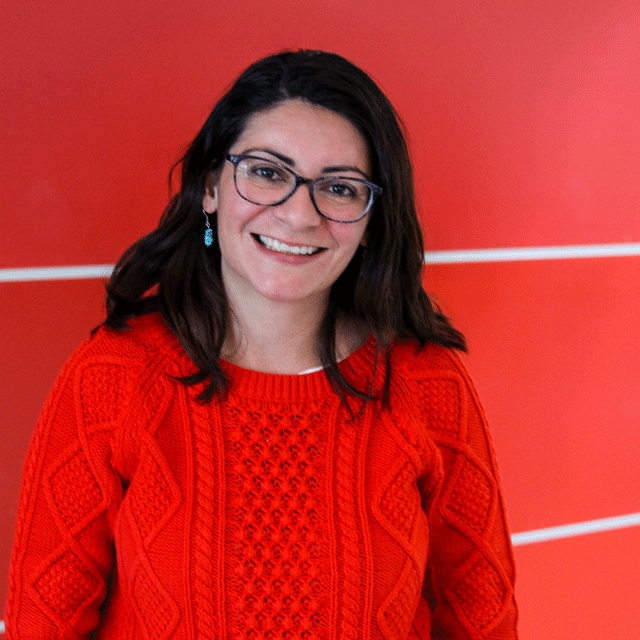Associate Professor Karen Tejada-Peña Researching "Crimmigration" Practices and Their Impact on Salvadoran Communities on Long Island

Hillyer College Associate Professor of Sociology Karen Tejada-Peña received a prestigious research grant from the Russell Sage Foundation for a study titled, Putting Them on ICE: Policing Salvadoran Communities on Long Island. Her research will explore the effects of “crimmigration,” which is a combination of criminal and immigration law. It will take place on Long Island’s Nassau and Suffolk counties and will focus on how local police enforce immigration policies and how those actions affect community-policing relations.
“As a first-generation and minority scholar, I see this opportunity as a huge win because I am able to work with a team on a long-term research project that is necessarily nuanced and challenging,” says Tejada-Peña.
Salvadorans make up the largest Latin American population in Nassau and Suffolk counties and live amongst family members with various legal statuses, including some who may be undocumented. When local enforcement officials cooperate with immigration agents, being a noncitizen may result in a range of dehumanizing experiences including arrest, detention, or deportation regardless of the nature and severity of the offense. Tejada will explore Salvadorans’ perceived sense of safety and trust of law enforcement, as well as police perspectives of interacting with immigrant communities.
Tejada-Peña is planning to host a community forum to engage with stakeholders and community members about the lessons learned, develop a toolkit for social service providers to help them better serve Central American immigrants, and will write a policy brief that highlights best practices for policing Salvadorans. It is her hope that this research can help push for improved policies, promote safer policing efforts, and prevent the unnecessary criminalization of immigrants.
“While the end result is writing a book, the conversations and teaching moments that this research opens up for me puts me in a pathway of being a teacher-scholar,” she says. “This is the essence of who I am and the enhances the kind of teaching that I hope to deliver.”